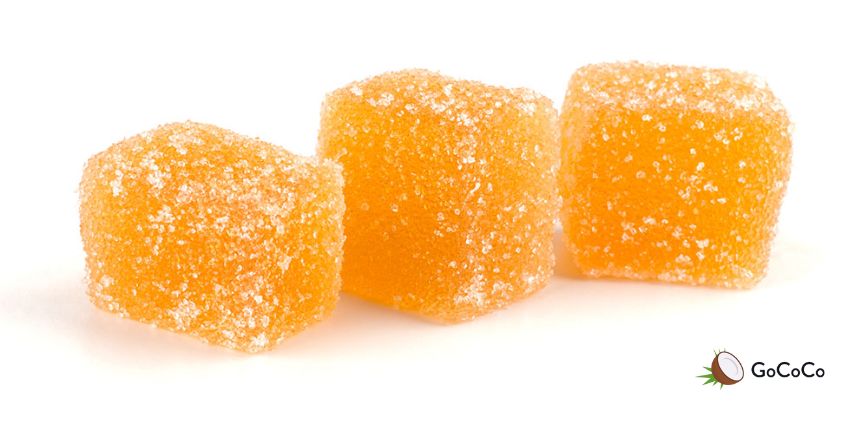.jpg)
ICD-10 stands for the International Classification of Diseases, Tenth Revision. It's a coding system doctors and healthcare providers use to identify and track health conditions.
The ICD-10 code for constipation is K59.00, which refers to constipation, unspecified. More specific types may use: K59.01 (Slow transit constipation) and K59.09 (Other constipation)
These codes help in diagnosis, billing, and developing care plans but for the person experiencing it, the focus is usually on how to get relief.
While constipation can sometimes be linked to medical conditions or medications, everyday habits are often part of the picture. Common causes include:
Understanding the cause is the first step making small adjustments in what you eat can often help.
Your digestive system depends on the right balance of fiber, fluids, and movement. Here’s how food comes into play.
Eat More Fiber-Rich Foods
Aim for more whole plant foods: Vegetables (like carrots, broccoli, and leafy greens), Fresh fruits with skin (like apples or pears),Whole grains, Beans, lentils, and peas
Fiber adds bulk and helps keep things moving through the colon.
Stay Hydrated
Fiber needs water to work properly. Try to sip water throughout the day and include hydrating foods like cucumbers, oranges, and soups.
Limit Processed and Low-Fiber Foods
Highly processed foods,like chips, fast food, and white bread,often lack fiber and can slow digestion.
Also limit:excess cheese,red meat and fried foods
These are harder on digestion when eaten frequently.
Should You Take a Supplement?
Some people turn to fiber supplements or probiotics. While these can help in some cases, they’re not a replacement for a balanced diet.
Before taking a dietary supplement, talk with your health care professional. They can help you decide which supplements, if any, are right for you and ensure they won’t interfere with other health conditions or medications.
Eating well is essential, but it’s not the only factor. Consider these supportive habits:
Together with food, these small shifts can lead to big relief.
While the ICD 10 code for constipation (K59.00) helps medical professionals classify and treat the condition, it’s just the starting point.
For many people, daily food choices and lifestyle habits are the most powerful tools in improving digestion. Boosting fiber, staying hydrated, and being mindful of movement can all make a real difference.
Before turning to supplements or medications, speak with your healthcare provider to make sure you’re choosing the safest and most effective approach for your body.


